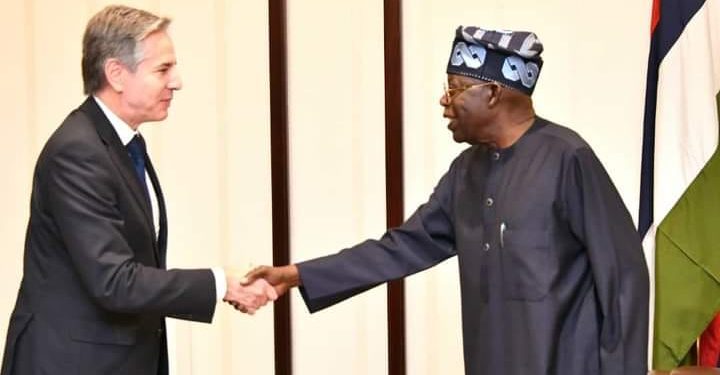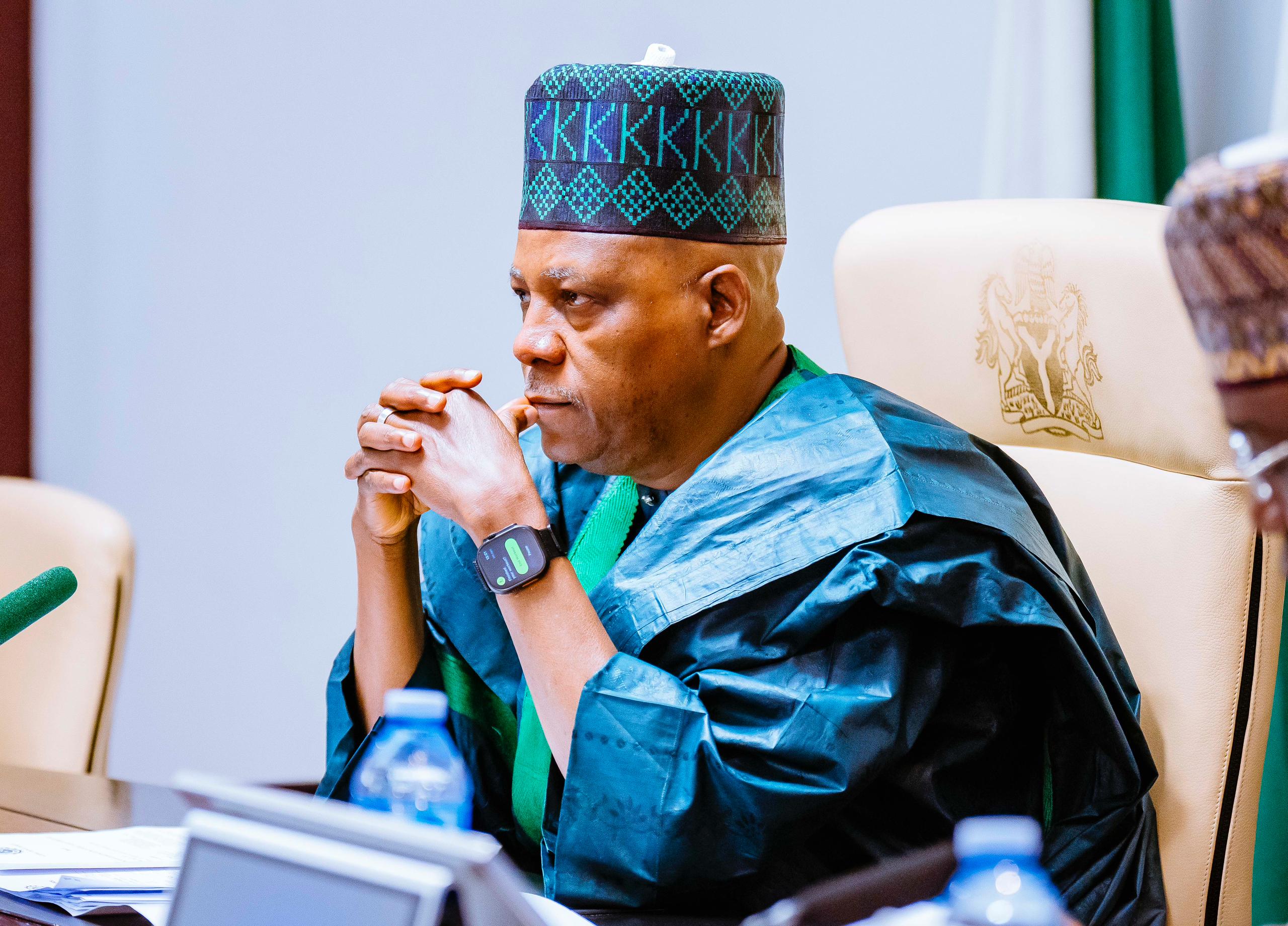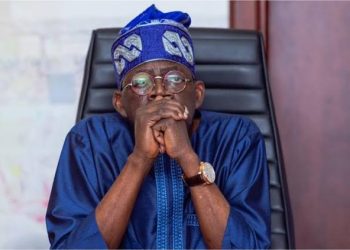The United States Secretary of State, Antony Blinken revealed on Tuesday that American countries are ready to invest in Nigeria.
Blinken stated this in Abuja while addressing the press after his meeting with President Bola Tinubu at the Aso Rock Villa.
DAILY GIST reports that the top US official arrived in Abuja, Nigeria, on Tuesday evening as part of his African tour and met with the Nigerian leader at the Aso Rock Villa upon arrival in the country.
According to Blinken, American companies are ready to invest in Nigeria and help in realizing President Tinubu’s one million digital jobs iniative.
He said, “American entrepreneurs and companies are ready to partner and invest in Nigeria, particularly in the tech sector.”
“We have tech giants that have teamed up with Nigerian partners to help meet President Bola Tinubu’s one million digital jobs initiative.”
“Our tech entrepreneurs are fostering Nigeria’s next start-ups and our venture capital companies are working to finance them,” Blinken added, saying American firms are also working to broaden internet access in the West African country.
“So, we want to work in partnership to drive Nigeria’s tech revolution.”
He added that while Nigeria offers competitive opportunities for investors, the country must work on challenges such as corruption and preparation of capital in order to realize its full potential.
In his words, “Nigeria offers real clear competitive opportunities for real investors. But at the same time, I think it is no secret that there remain long-term challenges to unlock its full potential.
“Tackling corruption and making it easier for companies to repatriate capital” is essential to Nigeria attracting foreign investments.
On the policies of the Tinubu government, Blinken said while the decisions of the President might seem harsh on the people, the US will continue to support Nigeria to cushion the effects because it believes its a sacrifice that must be made for the greater good.
The US secretary of state welcomed the “bold economic reforms” of Tinubu, especially, the unification of the exchange rate and removal of the petrol subsidy.









